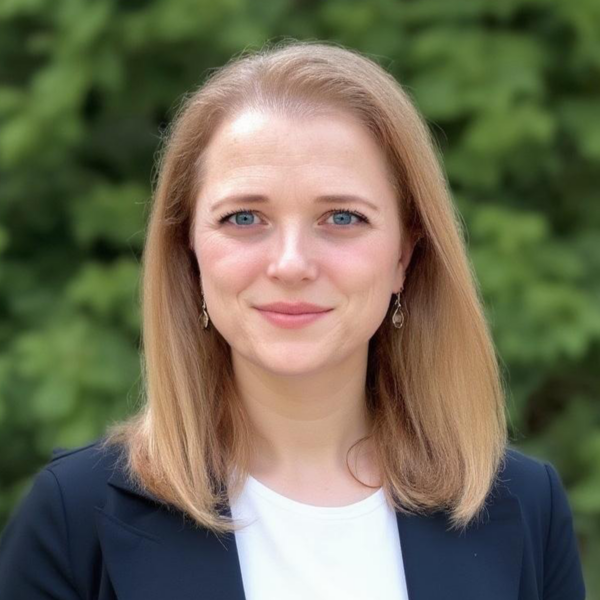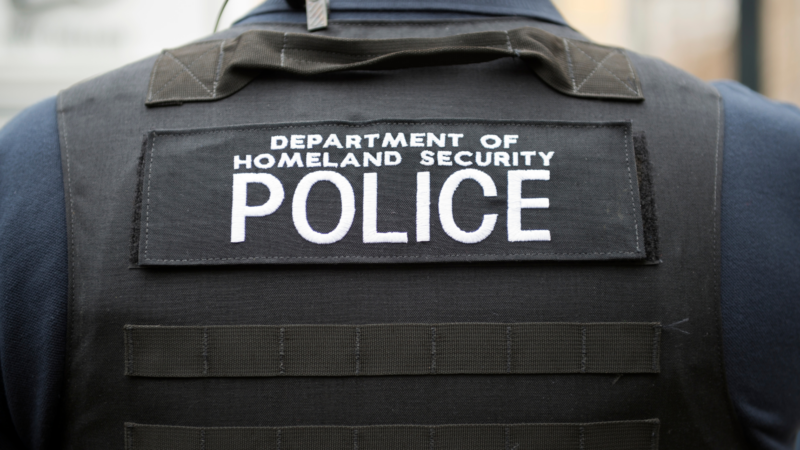Scott Welder is an impact associate at Protect Democracy. His work focuses on securing accountability for abuses of power and combating anti-democratic disinformation.
There’s just one Department of Homeland Security. So why does it have so many bosses in Congress?
- October 21, 2021
This piece was originally published in The Washington Post and can be found here.
When Congress established the Department of Homeland Security after the Sept. 11, 2001, terrorist attacks, it represented the largest federal government reorganization in 55 years. DHS subsumed 22 existing agencies and is now the U.S. government’s third-largest department and largest law enforcement agency.
As such, we might expect effective congressional oversight to be an essential component of ensuring that DHS performs its functions well and within the bounds of democratic and ethical norms. Yet 20 years on, congressional oversight of the department remains fractured. Of the 9/11 Commission’s major recommendations, only consolidating DHS oversight remains unimplemented. Why is congressional oversight so convoluted? How does this affect the bureaucratic functions of the department? And why hasn’t this situation changed?
Read the full piece in The Washington Post
Related Content
Join Us.
Building a stronger, more resilient democracy is possible, but we can’t do it alone. Become part of the fight today.
Donate
Sign Up for Updates Sign Up for Updates
Explore Careers Explore Careers
How to Protect Democracy How to Protect Democracy

